Mon-Fri
9AM - 7PM
Saturdays
9AM - 5PM
Sundays
10AM - 3PM
714 N Avalon Blvd, Wilmington, CA 90744, USA
Mon-Fri
9AM - 7PM
Saturdays
9AM - 5PM
Sundays
10AM - 3PM
714 N Avalon Blvd, Wilmington, CA 90744, USA
The rapid spread of COVID-19 that started in 2019 led to a lot of confusion regarding Testing. Many people did not know whether
covid testing near me was available at any hospital or your primary health care provider like Wilmington Urgent Family Clinic in Wilmington, San Pedro, across Long Beach, Torrance, Carson, or Lomita. It also wasn't clear if samples required for COVID-19 Testing were blood, mucus, or saliva. It was pretty hard to know which Covid-19 test was right for you since there were several of them. Do all these tests produce the same results? Can you get the same information out of all these tests?
COVID-19 or Coronavirus disease is an infection brought about by a virus called the SARS-CoV-2 virus. Anyone infected by this disease may experience mild or severe upper respiratory sickness and get well, even without seeking medical attention from any health care facility. For those who already have health complications, COVID-19 can take a toll on them, and they succumb to the virus. The elderly are the most valuable people in the community who are more likely to die from the virus. Underlying cardiovascular disease, chronic respiratory disease, diabetes, and cancer may lead to more severe medical complications. The fact is that anyone can contract COVID-19 at any age and die of serious illness.

If you display any of these symptoms, your healthcare provider such as Wilmington Urgent Family Clinic in Wilmington, San Pedro, across Long Beach, Torrance, Carson, or Lomita may ask you to get a COVID-19 test:
However, it must also be understood that some people may have COVID-19 and not display any symptoms. Some of the asymptomatic patients may not develop some of these symptoms. Kindly consult your primary health care provider if you discover that you have some of these symptoms during the COVID-19 pandemic, even if you've recently received the vaccine.
The purpose of the test will decide which kind of test you have to take. There are different COVID-19 covid 19 testing near me goals, including:
Below are the different types of COVID-19 tests you need to know about, how they are conducted, and what they reveal.
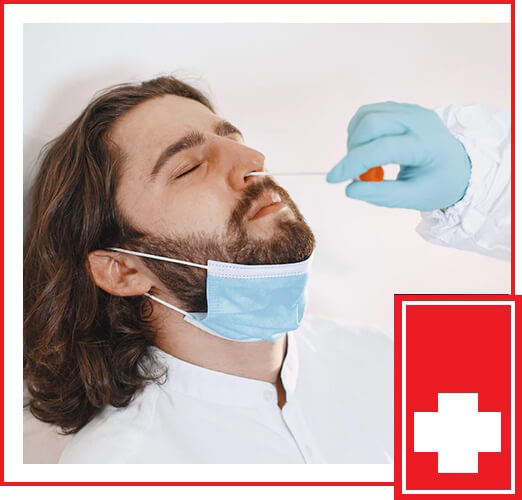
A nasal swab is a test conducted to determine whether a patient has respiratory infections caused by bacteria or viruses. Respiratory infections come in many types. Having a nasal swab done will allow your urgent care covid testing center to identify which kind of infection you are suffering from and suggest the best kind of treatment. This type of covid testing near me is conducted by taking the patient's cell samples from the nostrils or the nasopharynx – the uppermost part of your throat or nose. Other names for this kind of test include nasopharyngeal swab, anterior nares test, nasal mid-turbinate swab, or NMT swab nasopharyngeal culture.
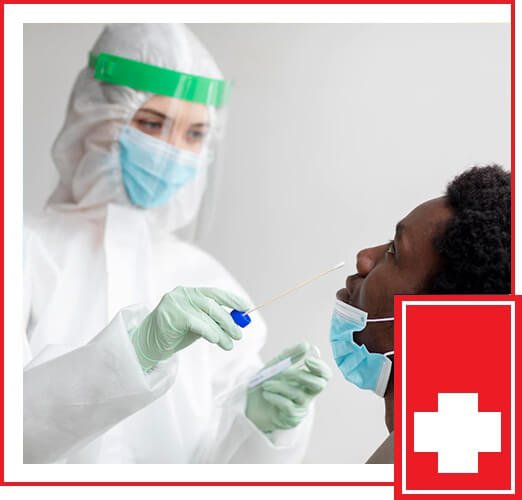
PCR stands for a polymerase chain reaction. This type of test identifies a specific organism's genetic material, such as a virus. The COVID-19 polymerase chain reaction (PCR) test is meant to look for (ribonucleic acid or RNA) genetic material of SARS-CoV-2 (the virus that causes COVID-19) since it's a molecular test for analyzing the upper respiratory specimen. When conducting this test, the PCR technology amplifies small amounts of RNA from specimens to convert it into deoxyribonucleic acid (DNA). If SARS-CoV-2 is detectable, it will be replicated until it shows itself. Since the PCR test was authorized in February 2020, it is the standard gold test for diagnosing COVID-19 because it is reliable and accurate.
When conducting the COVID-19 PCR test, three key steps are followed when collecting samples:
The respiratory material in your nose is collected by the covid 19 testing center near me using a swab. The long, soft, and flexible stick inside the patient's nose is called a swab. The two types of nose swabs include a nasopharyngeal swab that goes further into the nasal cavity to collect samples and a nasal swab for collecting samples immediately inside the nostrils. These swab collection techniques have proved to be effective when collecting material needed to conduct a COVID-19 PCR test. Once collected, it is put into a tube and sealed to be sent to a laboratory.
Once the scientist receives the sample in the lab, extraction, and isolation of genetic material from the test are done.
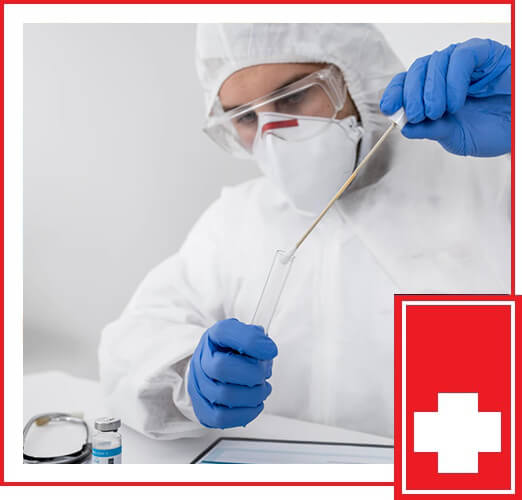
In the PCR step, a PCR machine called a thermal cycle, special chemicals, and enzymes are used. The amount of the targeted genetic material in the tube is increased by each heating and cooling cycle. Millions of a small portion of the SARS-CoV-2 virus's genetic material will be seen in the tube after many cycles. In case the SARS-CoV-2 is detected in the sample, fluorescent light is produced by one of the chemicals in the tube. The PCR machine can identify this signal when it's amplified enough. Scientists use special software for interpreting the signal as a positive test result.
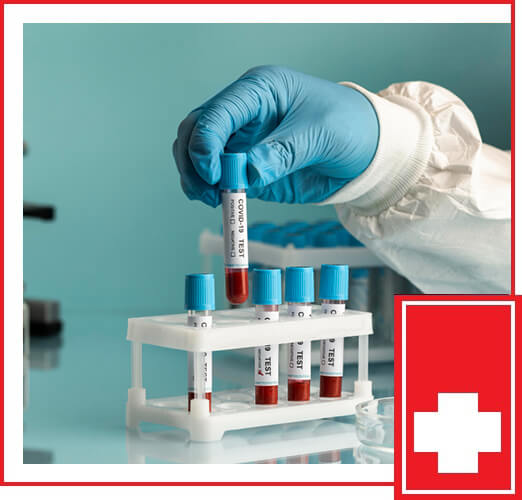
If the test reveals a positive result, it means that you have been infected with SARS-CoV-2. If you are not displaying any symptoms, this is known as an asymptomatic infection. If you have already developed symptoms, the infection is called COVID-19. The majority of the people who have been infected with the virus will have mild sickness and may recover without medical attention at home. If your symptoms refuse to subside and keep getting worse, you need to consult your walk in covid testing provider. If the results from the test turn out to be negative, it means that by the time your sample was collected, you did not have SARS-CoV-2 infection. A patient may also have COVID-19, but the test may not detect the virus.
A good example is when you have not yet developed the symptoms since the virus has infected you. This may happen if you have had the disease one week before the test. Even after receiving a negative result, it doesn't mean that you are safe for long. You may be infected immediately after you have received the test result and spread the virus without knowing. In case you receive a positive result, don't panic. What you need to do is consult your covid testing doctor near me and self-isolate at home to prevent spreading the virus. If you test negative, don't lower down your guard. Continue following the safety guidelines laid down by the authority to protect yourself and others from COVID-19 infection.
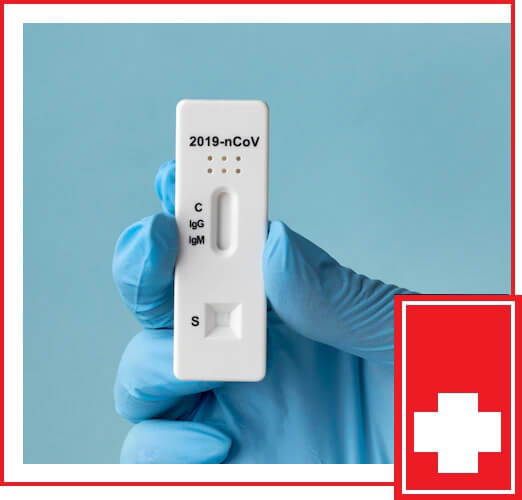
The antigen test is also called the COVID-19 rapid Testing because it produces the fastest Covid test results than the RNA test. It is cheaper to produce too. For these reasons, covid testing in San Pedro CA and Los Angeles is used to screen a large number of people. Compared to molecular COVID-19 Testing, many patients say that the antigen test is much better. This type of test is done by a healthcare institute, which will gather samples from your nostrils using a swab. The difference between this testing method and molecular Testing is that you will have to wait for less than an hour to receive your results. Since antigen tests are quite accurate, a positive result is just that: positive! The downside of this test is that it can fail to detect other active infections.
A false negative is ruled out when you get a molecular test if you display COVID-19 symptoms and the antigen test shows a negative result. Some of the antigen tests can be conducted in the office of your covid testing near me. This means that you don't need to travel to the laboratory to get tested for COVID-19. This type of test is usually done in emergency departments and the doctor's office. In September, the FDA allowed the use of Roche's rapid test and Los Angeles PCR-based combination test for the flu and SARS-CoV-2 emergency COVID-19 testing.
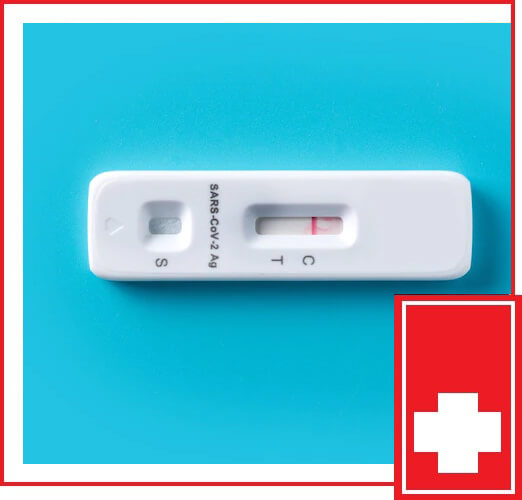
A positive result in the antigen test is revealed when two colored lines appear. One of the colors will show in the test line region (T), and another will display in the Control line region (C). If this is the result, then it means that there is the presence of the SARS-CoV-2 antigens.
To know whether the result is invalid, the control line will not display. The absence of the control line may be caused by an incorrect procedure or an insufficient quantity of diluent. You can reach out to your vendor if the problem continues.
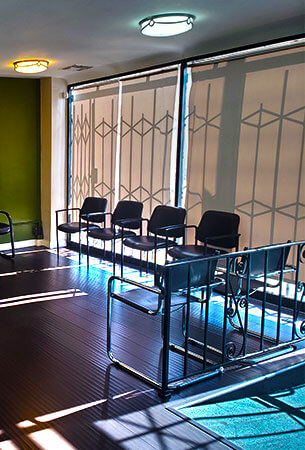
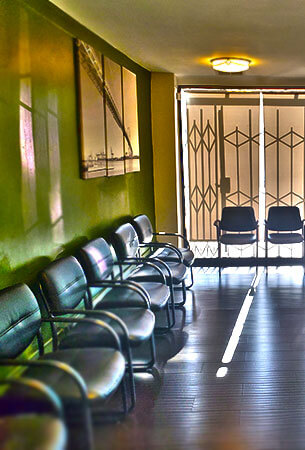
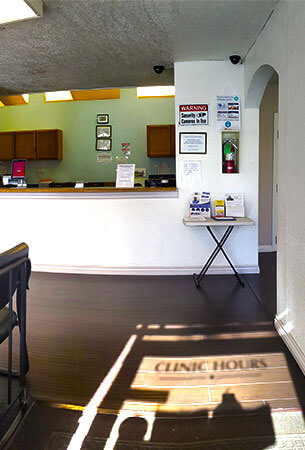
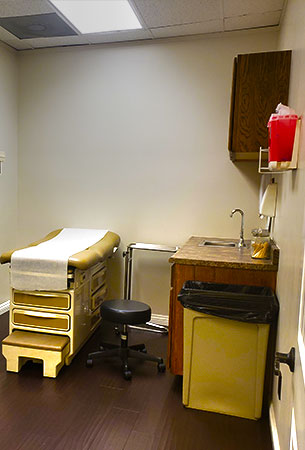
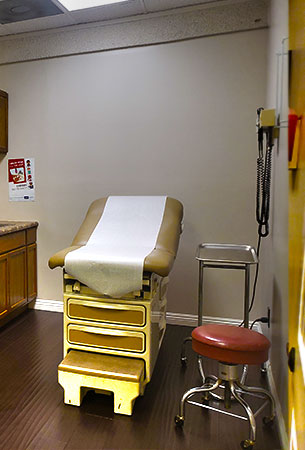
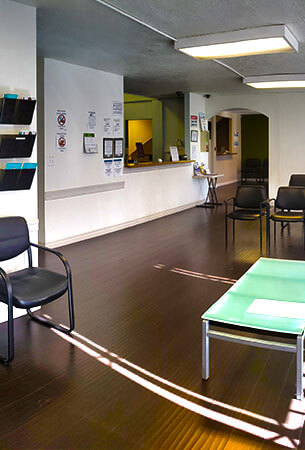
One of the many reasons a patient may decide to seek health care services from an walk in urgent care covid 19 testing clinic near me instead of a hospital emergency room is that urgent care centers offer quick medical care. These types of medical facilities also treat all kinds of health conditions, including injuries. Emergency rooms, on the other hand, will only cater to patients who have life-threatening conditions. An urgent care covid 19 testing clinic offers the best option if you need medical attention, but your covid 19 testing provider is not around to see you.
When someone is infected with coronavirus, it usually takes 5 to 6 days for symptoms to show. Occasionally, it can take up to 14 after infection.
If you want to know if someone has contracted the virus, these are the primary signs you need to look for: breathlessness, fever, dizziness, headache, and dry cough, which will eventually lead to phlegm. The person may also complain of loss of smell and taste, and fatigue and diarrhea may also be there.
Patients who are recovering from Covid-19 may experience long covid or sequel of covid. The most common symptoms that have been reported include muscle weakness, breathlessness, joint pain, chest pain, difficulty in sleeping, anxiety, or depression.
LFTs are used to identify material from the surface proteins of the virus. These types of tests are likely to give positive results, especially when a person is infectious. On the other hand, PCR tests are used to identify the genetic material of the virus, and they may be detected weeks after a person can no longer spread the virus.
Those infected with coronavirus and don't have any symptoms can stay at home and manage the symptoms at home. It usually takes about 5 to 6 days for an exposed person to develop symptoms, and sometimes it may take 14 days.
The most affected organs when a person is infected with COVID-19 are the lungs.
Although getting a COVID-19 test is not painful, the swab can make you uncomfortable because it is inserted deep inside the nostrils or the throat.
Children get mixed reactions when getting tested for COVID-19. While some describe it as a feeling of having fizzy water up to their nose, which is a bit painful, some say that it is not that bad.
Located in Wilmington, San Pedro, across Long Beach, Torrance, Carson, or Lomita, Urgent Family Clinic is among the best medical facilities in California, offering advanced health care services to patients who require immediate health care services. Our motivation is seeing our patients receiving high-quality medical care quickly and at reasonable prices. All our patients are treated with compassion regardless of what health conditions they have. The covid 19 testing services at Wilmington Urgent Family Clinic are on a walk-in basis, meaning that patients will receive treatment quickly and be allowed to return home.
The extended hours at Wilmington Urgent Family Clinic allow us to cater to the COVID 19 related needs of every patient immediately they enter the facility. The facility is nothing like emergency rooms that keep patients waiting for hours before receiving proper care. Regardless of your condition, you will have proper health care services in no time. Some of the services offered at our clinic include complete x-ray and other state-of-the-art diagnoses and treatments. You can also access physical examination at Wilmington Urgent Family Clinic done at your convenience. For efficient and reliable antibody testing, you can search for affordable antibody testing near me, online and you will get all the information you need about this type of Testing. The quality services that you will receive from our professional and experienced staff will amuse you. We also offer camp, school, and sports physicals at an affordable cost. Don't wait to receive medical attention from a provider who is on a busy schedule; walk into our facility and get high-quality healthcare services.

No more waiting for long hours in emergency rooms when you have Wilmington Urgent Care. Fix your appointment today and get attended right away.